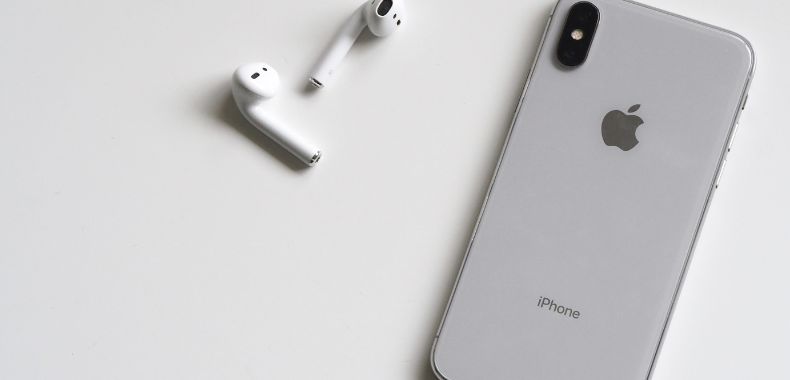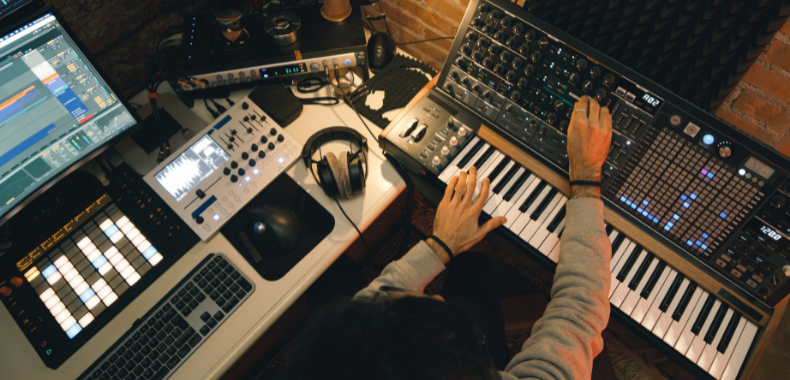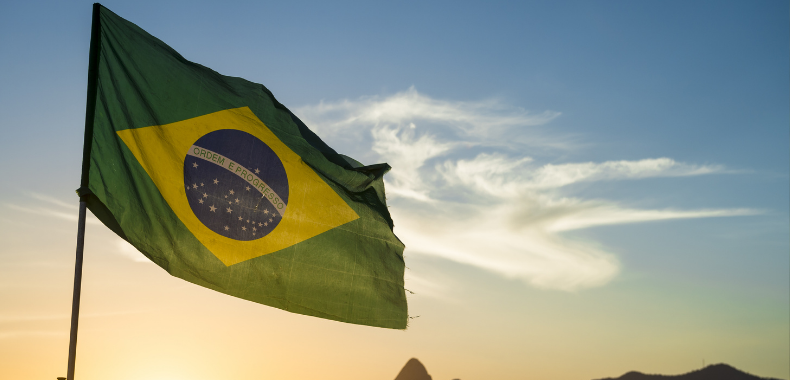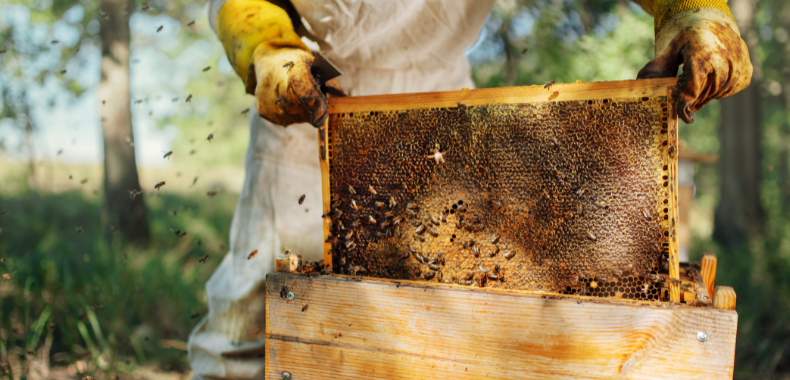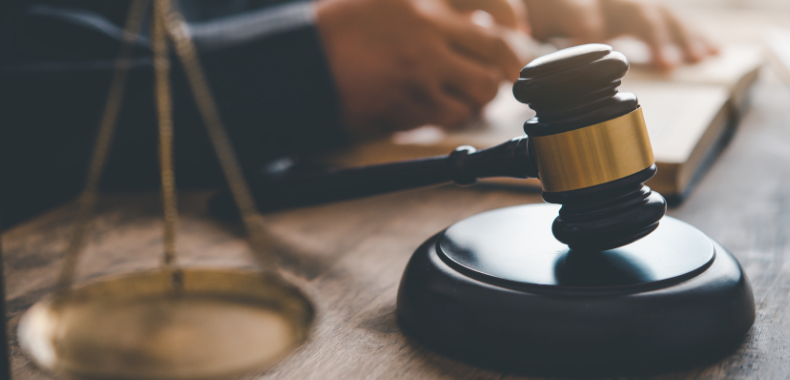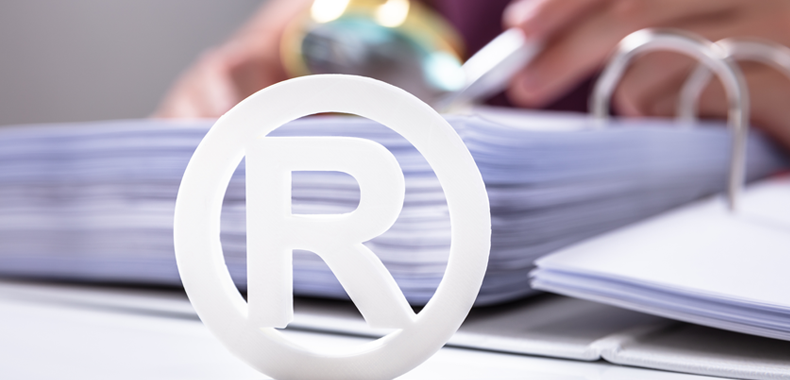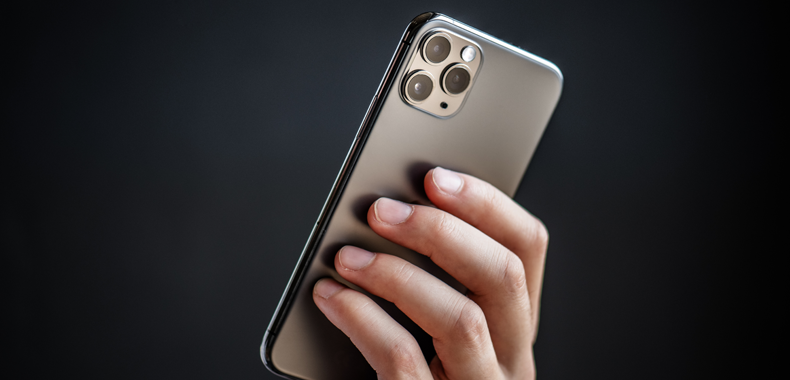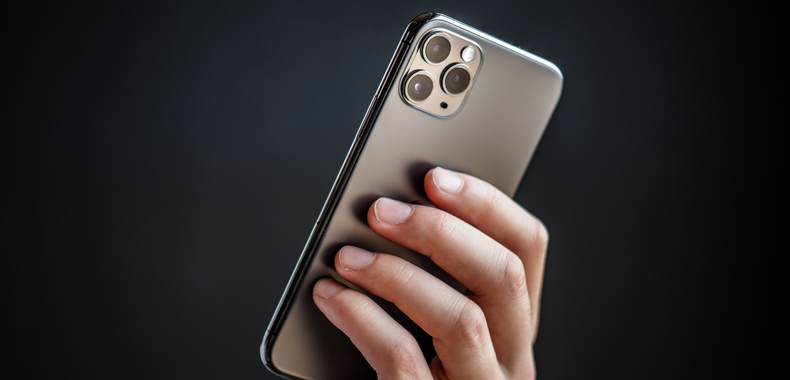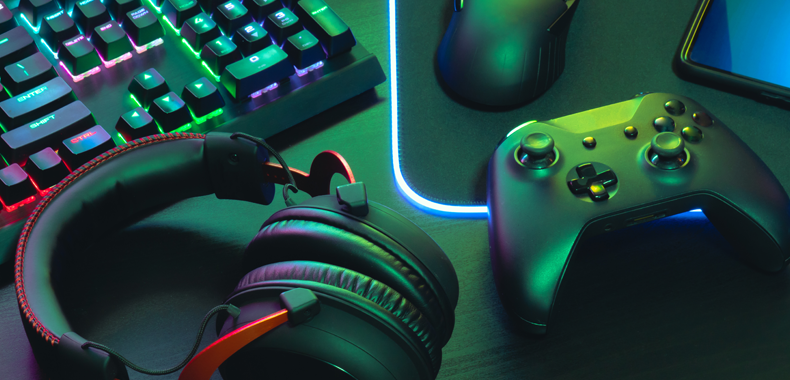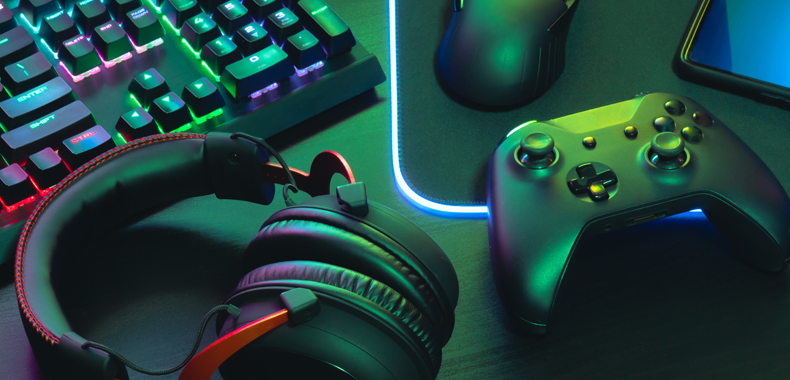At the beginning of 2022, the 3rd Panel of the Superior Court of Justice dismissed the special appeal filed by the country singer Gusttavo Lima, defendant in the lawsuit moved by the composer André Luiz Gonçalves and understood that the claim to collect compensation for non-fulfiment with the copyright assignment agreement observes the general rule of limitation of ten years, as provided for in article 205 of the Brazilian Civil Code.
In the lawsuit in reference, the composer asks for a declaration of nullity of the legal transaction signed with the singer for the copyright assignment (co-authorship), in addition to compensation for moral and material damages.

André Luiz claims that he wrote the song “Fora do Comum” alone and that he did not receive payments in relation to her rights, on the other hand, the country singer argues that the composition was made by the two and that the profit was divided in half between them.
The song was released in 2011, and Andre Luiz lawsuit was only filed in 2016. In the first instance, the statute of limitations was recognized by the application of the three-year period provided for in article 206, paragraph 3, item V, of the Brazilian Civil Code , which refers to non-fulfilment tort.
The Goiás Court of Justice overturned the decision and removed the statute of limitations, considering that the process deals with a contractual relationship between the composer and the singer. Thus, Minister Moura Ribeiro maintained the conclusions of the judgment, establishing the understanding that, in claims related to contractual liability, the statute of limitations provided for in article 205 of the Civil Code, with a period of ten years, applies.
—
Author: Bruno Arminio, Associate Lawyer at Peduti Advogados.
Source: Compensation for offense of the copyright assingment in Brazil expires in ten Years
Direito moral do autor é imprescritível, mas pedido de indenização deve ser ajuizado em três anos
—
“If you want to learn more about this topic, contact the author or the managing partner, Dr. Cesar Peduti Filho.”
“Se quiser saber mais sobre este tema, contate o autor ou o Dr. Cesar Peduti Filho.”


